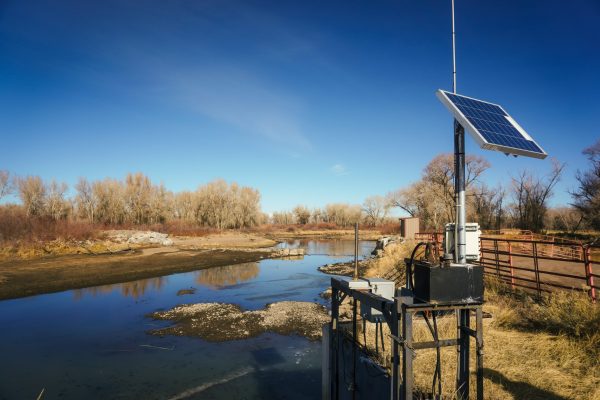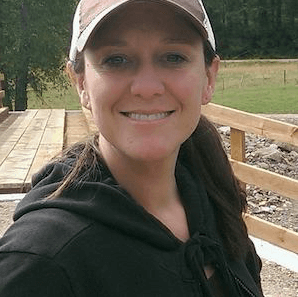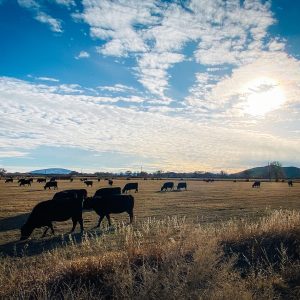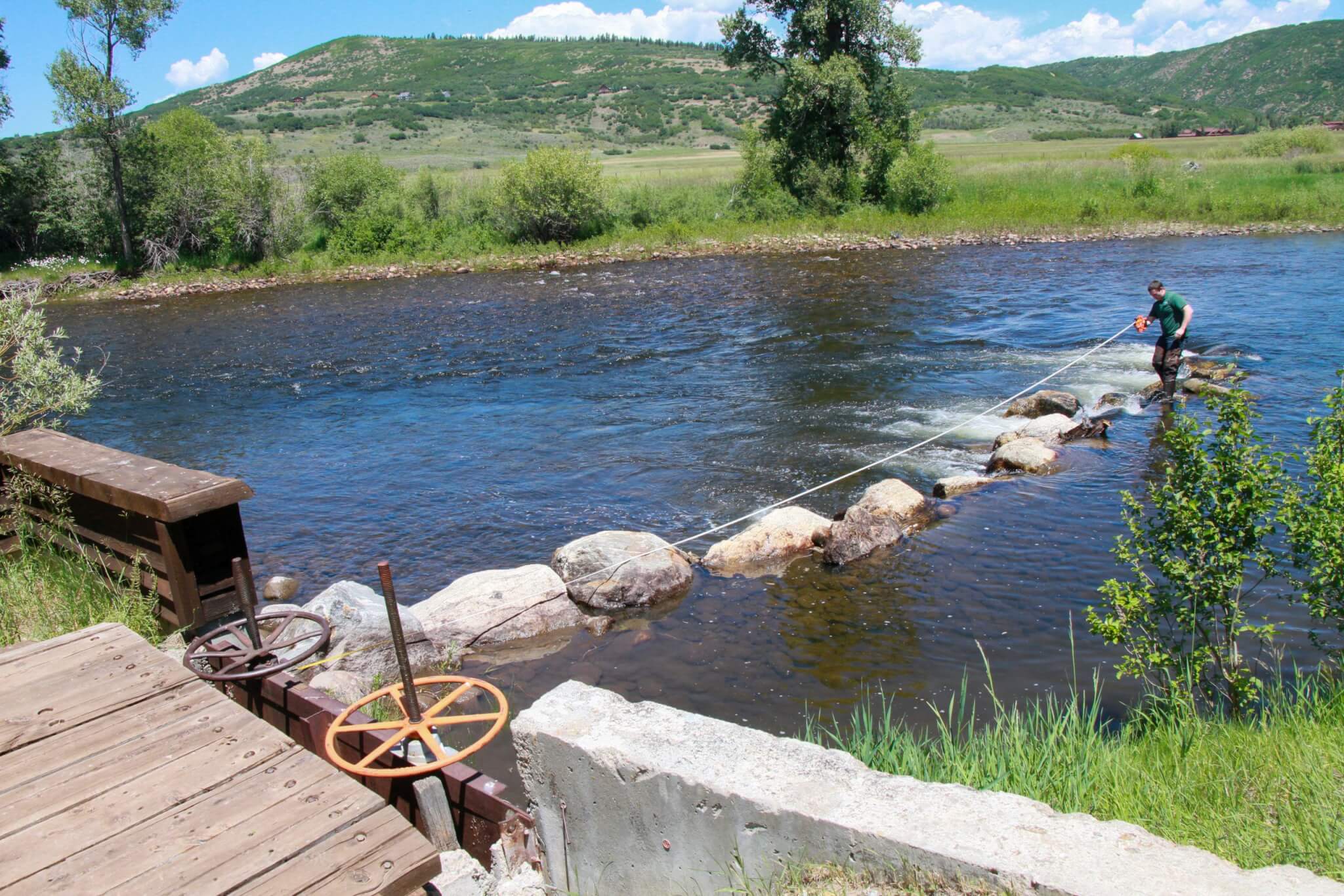River Voices: July 2021

Welcome to the July 2021 edition of River Voices. This month, we’re sharing progress from our work at the intersection of healthy rivers and agricultural landscapes. Plus, sign up for our Equitable Water Infrastructure Boot-Camp by July 26.
In 2020 we launched a new project to help us understand how our network currently works with farmers, ranchers, and irrigators to promote clean water and healthy rivers. This helped us identify existing needs and challenges that our network faces in this area of work. This month, hear from Mikhaela Mullins, River Network’s Science & Policy Associate, on what we’ve found, where we’re going, and how you can get involved.
“[Recently]… it just hit me how I have this connection and love for the Mancos River and all of its tributaries. I think that’s also caused me to broaden my scope of work and grow my love for the land, the river, and the landowners.”
With Mancos Conservation District, Gretchen works to engage agricultural producers in Colorado to support river health and flows.
Farms, ranches, and rangelands occupy 44% of US land, consume 80% of available water supply, and are a leading source of water pollution. Members of our network want skills to engage farmers and ranchers to build trust and foster innovation to improve the health of rivers within agricultural landscapes. Now, explore our work on these topics all on one NEW webpage.
Ever wonder how federal funding makes its way to the local level or how to tackle water affordability in your community? Sign up for our “boot-camp,” to take a deeper dive into River Network’s Equitable Water Infrastructure Toolkit. In six sessions, we’ll cover water infrastructure funding, water affordability, and more. Each participating organization will receive $1,500 for their active participation.
Aligning with Agriculture for Multiple Benefits on All 300+ Miles of the Yampa
How do you support river health and engage irrigators along 300 plus miles of river and with nearly 250 individually owned diversion structures? It isn’t easy, but hear from Nicole Seltzer on how we and our partners are getting it done.
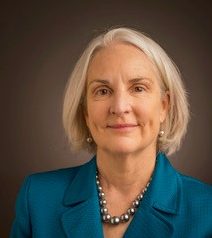 “Working farms, ranches, and forests make up more than two thirds of the lower 48 states. What happens on the land affects our streams, lakes, and rivers. Through their farming practices, many farmers are protecting our nation’s water resources. And across the country there are inspiring examples of farmers, nonprofit activists, government agencies, and other stakeholders working to protect clean abundant water in our rivers for people and nature, while supporting vibrant farm and rural economies. But much more needs doing. Most of the hard work to make this happen is at the local and small watershed levels. Which is where River Network comes in. It and its thousands of members are well positioned to help expand this work. There is so much opportunity. And now is the time.”
“Working farms, ranches, and forests make up more than two thirds of the lower 48 states. What happens on the land affects our streams, lakes, and rivers. Through their farming practices, many farmers are protecting our nation’s water resources. And across the country there are inspiring examples of farmers, nonprofit activists, government agencies, and other stakeholders working to protect clean abundant water in our rivers for people and nature, while supporting vibrant farm and rural economies. But much more needs doing. Most of the hard work to make this happen is at the local and small watershed levels. Which is where River Network comes in. It and its thousands of members are well positioned to help expand this work. There is so much opportunity. And now is the time.”
Meet Ann Mills, River Network board member and Executive Director of the Auga Fund. Ann is passionate about working with ranchers, farmers, non-profit activists, government agencies and other stakeholders who work to protect clean abundant water in our rivers for people and nature, while supporting vibrant farm and rural economies. Ann has served as Deputy Under Secretary for Natural Resources and Environment at the U.S. Department of Agriculture, as a co-chair of the National Drought Resilience Partnership.
Science Corner: Tracking Harmful Algal Outbreaks
The latest from our science team.
Harmful algal outbreaks, or blooms, can threaten drinking water and public health, and with summer here it’s important to look out for these before you or your dog plunge into a waterway that might be unsafe. Think back to Lake Erie in 2014 – the lake turned green and made Toledo, Ohio’s drinking water unsafe for consumption for several days, resulting from excess nutrient runoff into the lake. More recently, toxic cyanobacteria found in streams in Utah’s Zion National Park, caused a dog’s death; now increased monitoring provides updates on contact advisories on several streams in the Park. Such outbreaks, caused by blue-green algae, also known as cyanobacteria, can release toxins, can sicken and kill people and animals via direct contact or ingestion. These outbreaks are on the rise and occur all across the country.
The Cyanobacteria Monitoring Network coordinates several monitoring initiatives including the Bloomwatch app that supports tracking and crowdsourcing of algal outbreaks. Using the app, community scientists can photograph and describe local blooms, which are the shared on the Bloomwatch dashboard. Some states also have their own community-science tracking programs. In New York, the state Department of Conservation has a “Suspicious Algal Bloom Report Form” that people can submit with photos. This information is then used to support public health notifications.
Learn more about harmful algal outbreaks:
- Centers for Disease Control and Prevention – Harmful Algal Bloom Associated Illness
- NRDC – Freshwater Harmful Algal Blooms 101
Events & Learning Opportunities
The Low-Income Household Water Assistance Program
July 7, 1p ET/10a PT
Join us and Max Gomberg to discuss implementation of the new Low-Income Household Water Assistance Program and share ideas for clean water advocates to ensure this funding addresses immediate needs and equitable access to clean, affordable water.
Soil and Water Conservation Society Annual Conference
July 26-28
The Soil and Water Conservation Society (SWCS) invites the submission of live demos, virtual tours, field days, workshops, oral presentations, symposia, and posters for the 76th SWCS International Annual Conference, taking place virtually this year.
Rising Generation Workshops from C&NN
July 7, 14, 21, 30
Children & Nature Network is again hosting youth development workshops virtually this summer, designed and led by young leaders (18-28). Topics include Power of Personal Narrative, Leadership Development, Community Organizing, and Civic Engagement.
Paddle MO 2021 – Missouri Stream Teams
September 22-26
Join a recreational and educational paddle down the last 100 miles of the Missouri River, our nation’s longest riverway. The journey begins in historic Hermann, Missouri on Wednesday, September 22, 2021. Paddlers have the option of a 3-day, weekend only, or full 5-day trip.
Provide Input to the USDA on Advancing Racial Equity and Support for Underserved Communities
The U.S. Department of Agriculture (USDA) is requesting input from the public on how it can advance racial justice and equity for underserved communities. This is part of the USDA’s implementation of Executive Order 13985, Advancing Racial Equity and Support for Underserved Communities Through the Federal Government.
Input can be provided through this Federal Register Notice until July 15, 2021.
Keith Campbell Foundation Funding Opportunity
The Keith Campbell Foundation for the Environment is pleased to accept unsolicited grant proposals for up to $25,000. The Foundation is accepting proposals for all subject areas, types of programs, and geographies within the United States. Their total budget for this cycle is $25,000. For additional information, review the guidelines on our Apply page.
Data Management and Visualization Training to Support Local Organizations in the Delaware River Basin
River Network seeks proposals from qualified individuals and consultants to provide data management and visualization trainings and support to local groups engaged in water quality monitoring within the Delaware River Basin. The consultant should be well-versed in data management techniques with experience conducting trainings and workshops.
Wild & Scenic Rivers Stewardship Partnership Funding Available
River Network and the U.S. Forest Service (USFS) are excited to announce the third year of funding for nonprofit organizations working on stewardship activities on USFS administered Wild and Scenic Rivers (WSR) and surrounding lands. This partnership funding will range from $5,000-$10,000 per award for work occurring between September 1, 2021, and March 1, 2022. Groups may make one request.
What We’re Reading
“Water Equity Taskforce: Insights for the Water Sector” – This new US Water Alliance report highlights the achievements of their Water Equity Taskforce and the lessons learned throughout the project.
“Water equity issues receiving increased attention in Great Lakes states” – The Mott Foundation recently highlighted some of the great water equity work happening in the Great Lakes, including that of our own Sheyda Esnaashari!
The Art of Gathering – Many of our staff have been digging into Priya Parker’s book, which offers a wealth of thought-provoking ideas and approaches for events, for communities, organizations, and in your personal life.


